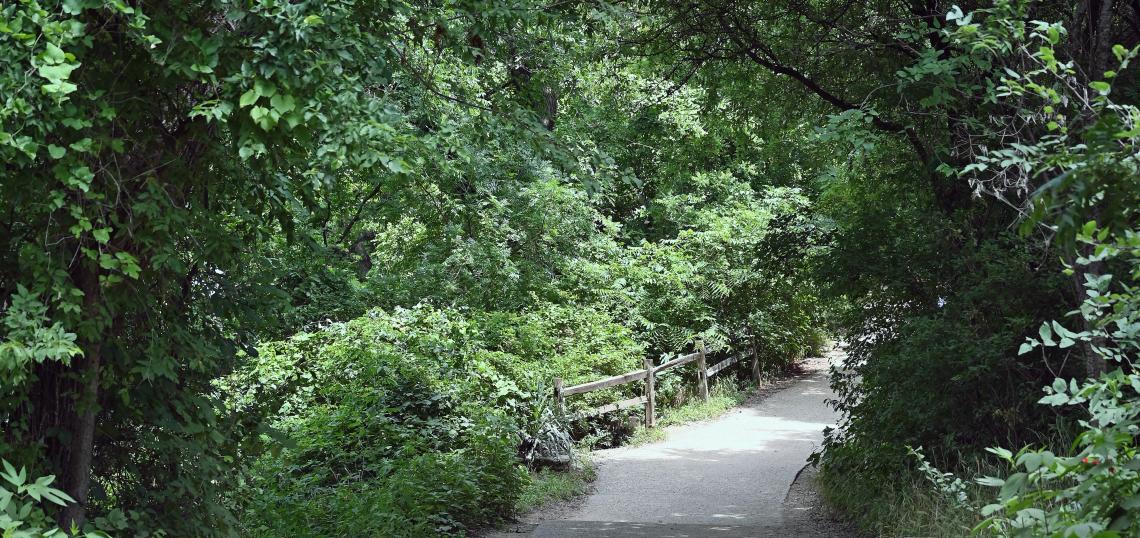Proposed code amendments that proponents say would allow a plan to rehabilitate and improve the Ann and Roy Butler Hike and Bike Trail at Lady Bird Lake drew opposition at a late February Parks and Recreation Board meeting. Several speakers took to the podium to voice concerns with the amendments, the Austin Monitor reported.
The amendments would eliminate the existing 12-foot cap on the trail’s width and mandate a 1:1 ratio of watershed restoration programs per square foot of trail construction. According to Parks and Rec staff, the updates will facilitate projects such as stormwater upgrades, trailhead connections, and safety lighting that current code restrictions make more difficult.
The Watershed Protection Department's Leslie Lilly said the city wanted to work with nonprofit group the Trail Conservancy, to which it has turned over management of the trail, so that it understands the department's requirements so that it can make necessary improvements, particularly those related to safety and mobility.
Opponents of the code changes focused primarily on the effects they'd have on the larger plan for the trail, which by all appearances is still taking shape; many took a "slippery slope" stance regarding the ecologically sensitive area, some fearing the amendments would allow for the all or part of the trail, covered primarily with decomposed granite, to be paved with concrete.
After two hours of debate and the public hearing, the board voted 6-3 to recommend the amendments with the proviso that staff look at a 2:1 watershed restoration ratio rather than the proposed 1:1 correspondence in the proposed changes.Two proposed amendments to cap trail width at 20 feet and to limit the use of paved concrete were rejected.
City staff attempted to address concerns over environmental damage and noted that the majority of the trail is already noncompliant with present width and setback restrictions.
“Right now, our variance process doesn’t offer a lot of surety on what restoration we ask for, and there’s not a clear mechanism for advancing projects," said city environmental officer Katie Coyne, "which I recognize can be difficult for an entity like the Trail Conservancy to be able to fundraise and set project budgets. … Offering clarity to our partners and working in good faith is important.”
The City Council is scheduled to hold a public discussion on the proposed amendments at its March 7 meeting.






